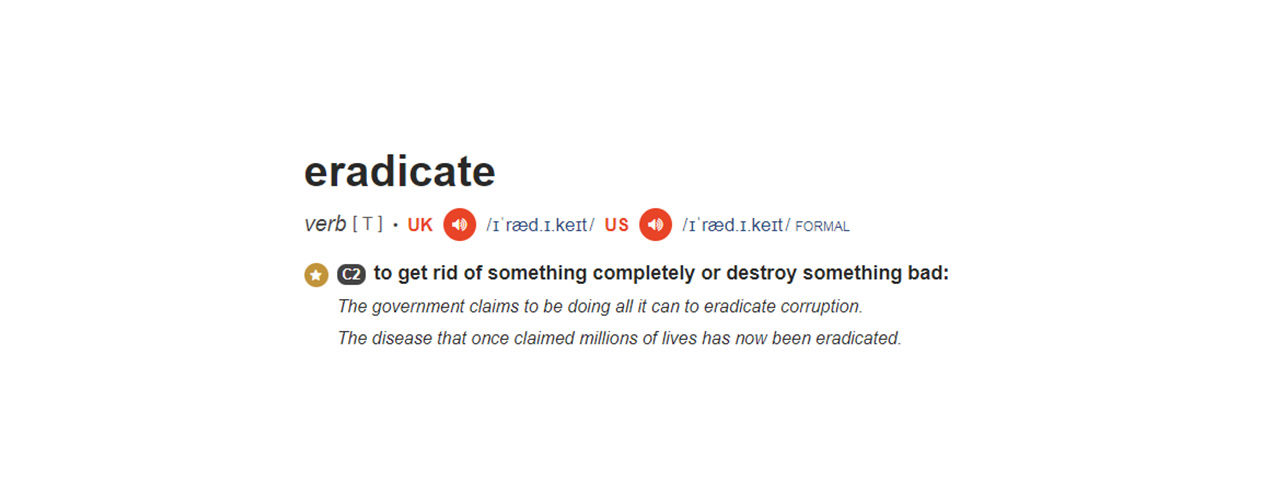Today marks the close of the Scottish Government consultation on a strategy to tackle fuel poverty.
At Shelter Scotland, we want to make sure everyone has a safe, secure and affordable home – and for the 649,000 households currently living in fuel poverty this is out of their reach: we know their cold and draughty home is not safe to their health and wellbeing, we know their home might be at risk if they rack up debts from expensive energy bills and affect their ability to pay their rent or mortgage, and their home is definitely not affordable when they need to spend more than 10% of their income to maintain enough warmth in their home.
So what is the Scottish Government doing about it? Well, after their target to eradicate by November 2016 was dramatically missed, they’ve commissioned a number of different expert groups: the Strategic Working Group on Fuel Poverty, the Scottish Rural Fuel Poverty Taskforce, and the independent expert panel who looked at the definition of fuel poverty. Taking some of these recommendations on board, they have proposed a new strategy to tackle fuel poverty, with new targets and a new definition, and the opportunity to feed into this via a public consultation ended today, 1st February 2018.
“Eradicate” fuel poverty by 2040
The Scottish Government propose to eradicate fuel poverty by 2040. However, on closer reading, the actual aim is to reduce fuel poverty levels to 20% by 2030, and by 2040, they aim to reduce it to under 10%. Not quite ‘eradicate’ then, or at least not the dictionary definition of the word.
We really support the use of targets as a motivator for action – and look forward to seeing these enshrined in statute in the upcoming Warm Homes Bill (expected later in 2018). However we want to see a more ambitious target. Equally important to a target is the willingness to change course, and resources, if it looks like we’re not on track. We don’t want to be in the same position in 22 years as we were in 2016, having missed the target and condemned another generation to cold homes.
No one should be in fuel poverty because their home is not energy efficient enough
The strategy outlines a sub target that energy efficiency should be removed as a driver for fuel poverty. This is really positive and as supporters of the Existing Homes Alliance, we are delighted to see this. We really want to see minimum energy efficiency standards regulated as a way to make sure this is achieved, like that proposed (but not yet confirmed) for the private rented sector, a move we know private tenants support.
Fuel poverty to be redefined with an income element
Currently, a household is defined as in fuel poverty if energy costs to keep their home sufficiently warm are not less than 10% of their income. The new definition proposed, in layman’s terms, is that households will be considered fuel poor if they need to spend more than 10% of their income, after housing costs, on fuel to achieve a sufficiently warm home, and after these costs would be left with less than 90% of Scotland’s Minimum Income Standard. There’s a lot more detail behind this, including measures of vulnerability, how many hours and what temperature someone should reasonably be expected to afford to heat their home to, and the Scottish Government has adopted most of the independent panel’s recommendations.
So is this a good thing? Or is it, as some critics fear, defining away the problem of fuel poverty? The same arguments often get repeated: the Queen, under the current definition, could be considered fuel poor. But how does this affect your average person, your neighbour, your Granny, or the people who come to us for help?
Well it all depends what the definition is for. It could be used as a criterion to access certain types of support (for example, like the definition of homelessness); it could be used as a way to track the extent of a problem over time (like measurements of poverty). We support the move for resources being moved to those most in need, but most of all, we want to make sure that anyone in need, regardless of the definition or any targets in place, gets the support that they need to enable them to heat their home, to have a shower, and to cook a hot, nutritious meal, and not be paying over the odds for the privilege of these basic, everyday tasks. This underlying belief needs to be central to any Warm Homes Bill, and any future strategy to tackle fuel poverty.
You can read our full response to the Scottish Government’s consultation on a strategy to tackle fuel poverty, here.



